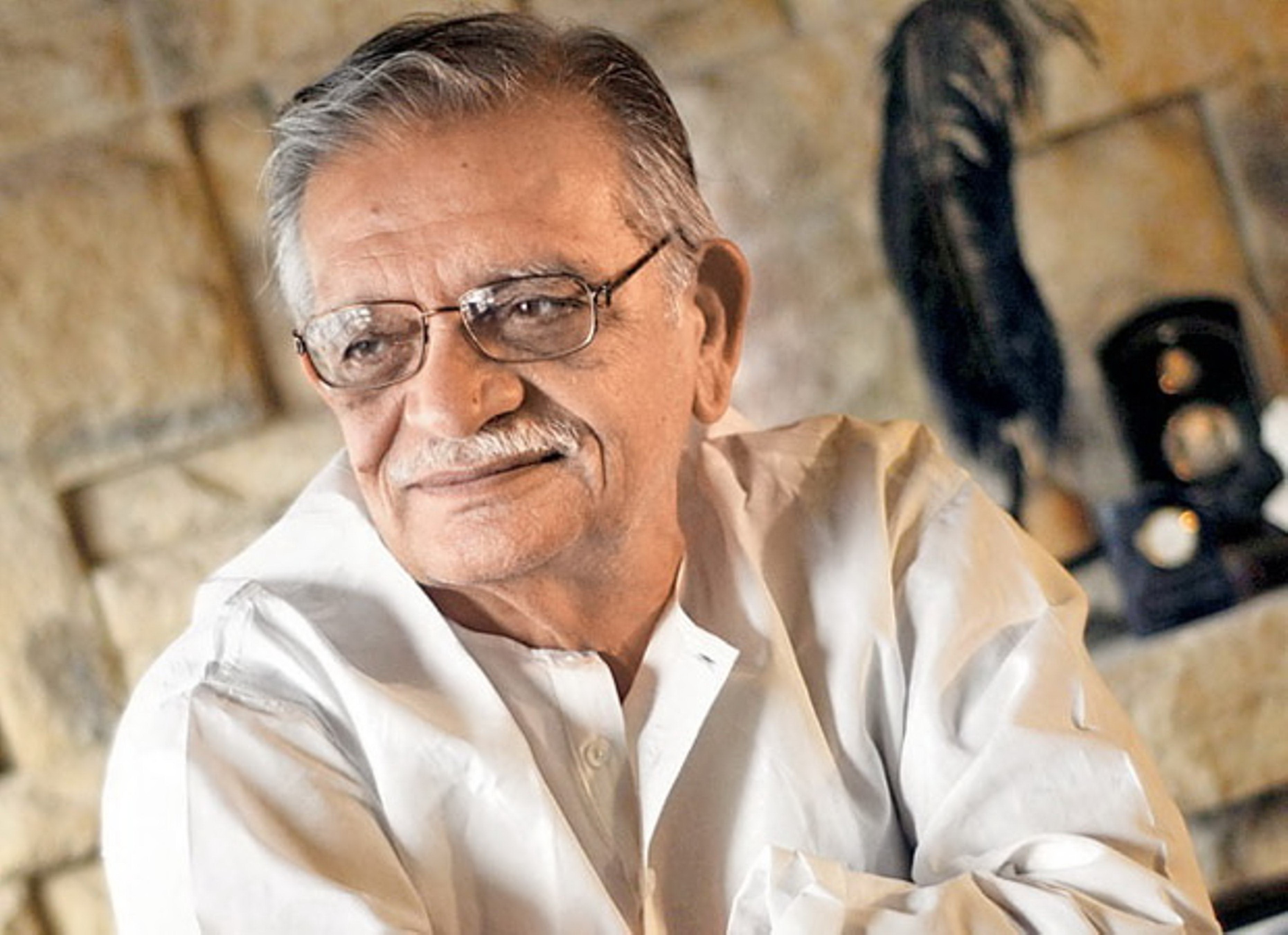
Gulzar’s novel Do Log does not read as a work of fiction but appears to be a script awaiting the touch of a good director

It is generally assumed that cinema, with more glamour and monetary returns, sucks the writer and the poet; they, then, tend to write only for "the market" with commercial interests being their incentive. The classic divide between what the writer writes for himself and what he writes for others, needs to be bridged. In the Indian film industry the great divide between the frivolous and the serious has somehow been bridged to some extent. Cinema is not seen as just a trivial entertainment, but as something built around themes regarding overwhelming questions.
Major poets and writers also write for films to establish the credentials of this relatively new medium. Gulzar is a very well-known person in the world of cinema and literature, and is part of the long queue of serious front-rank writers and poets deeply connected to the medium.
Though Do Log is called a novel, it is in fact a short book. It probably can be labelled as a novella but/and it is supposed to cover an event which is huge in proportion. Partition has continuously been written about. In the novel form it has been written about more in India in various languages, whereas in Pakistan it has mostly been written about in the form of afsana.
Partition overshadowed the actual independence of India and Pakistan; the killing, violence, uprooting of people, the biggest migration in peacetime ever, has been a theme and topic of endless debate and speculation. What made people, neighbours and friends turn against each other has been one of the most tragic mysteries of not only this upheaval but many others in history. The factor of human ferocity being unleashed in this manner has been the cause of much writing and thinking. It has also overshadowed the many acts of valour in saving lives, at the expense of risking one’s own life.
This event or series of events has been so great in magnitude that a lot has been written about it, and in great detail. Some of the best novels, not in Urdu but in Punjabi, have been woven around this debacle of human conscience and value system, and the subject has inspired millions of words.
But Gulzar in his book has written very briefly on the topic. While going through the book, it appears more like a screenplay than a short novel or even a long short story. It is sketchy, the characters have not fleshed in properly and there is also a lurking possibility that all else will be done not by the writer, but by the director. Actually, the purpose of a screenplay is different because in it the changes in the narrative, meant to be read, are transformed into a script that is supposed to be acted out.
It seems very racy, constituting snapshots; and it appears again and again that much more has been left out than included in this hurried narrative. The agony of the people, more so in the context of something happening -- which they thought would never happen -- is the greatest surprise to deal with. To negotiate with this shock over something that happened when it should not have happened is the subject, however, the narrative races through without pointing to the essentials and then dwelling upon them.
The events seem to have overtaken the narrative when, actually, the runaway events should have left their indelible mark on the destruction of the inner world that had to be pieced together. The two do not tally and are poles apart, and hence cancel each other out.
For Gulzar, the ordeal of those who migrated due to threats to life and/or property does not end there but continues as they faced another similar situation yet again. If it is to be grounded, then the same ordeal and sense of not belonging to the land was again faced by the Sikhs in India, after the murder of Indira Gandhi. Perhaps what the author is pointing out is that it was not a one-off event with a huge tragic fallout but actually a permanent state which manifests itself again and again periodically. It is built into the nature of things and its tragic value is endemically weaved within the fabric of human existence.
Therefore, it is a little difficult to concentrate on the book as a work of fiction as such, because where a lot has been said, much more has been left unsaid. Perhaps, if it is made into a film, the result will be much more palpable to blossom forth in its full intent. The film-maker and the cinematographer in Gulzar can be inspired to make a visual production out of it; and it is then that its full impact will be realised.
Right now, it only appears to be a script awaiting the touch of a good director.
The novel has been translated into English by the author himself under the title Two
Do Log
Author: Gulzar
Publisher: Maktaba Daniyal, 2018
Pages: 150
Price: Rs550